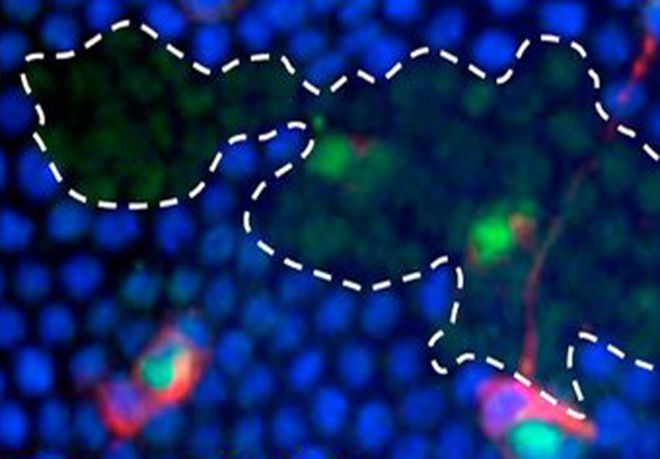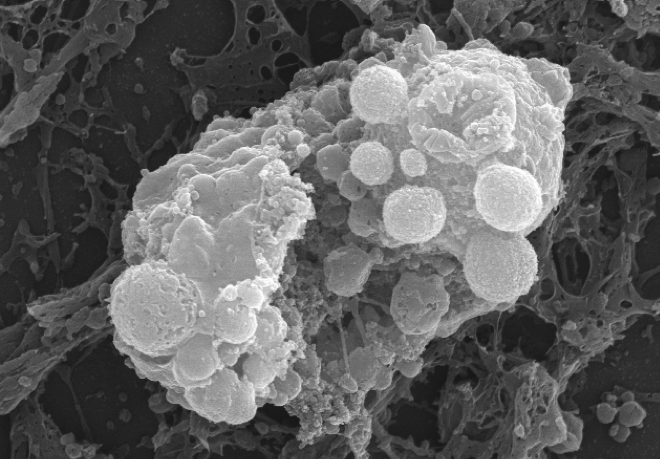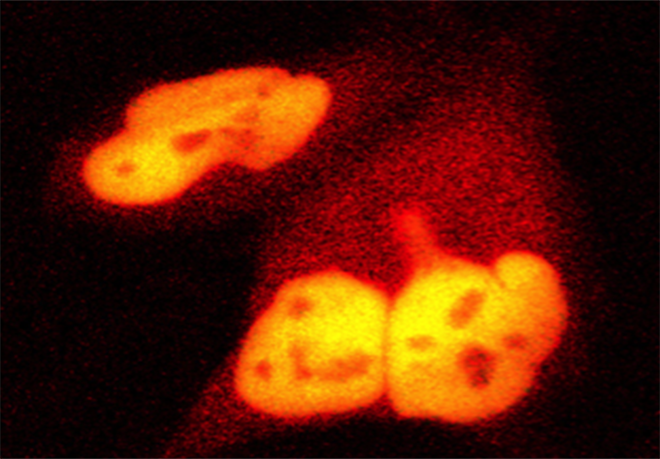IGMM has a well-established international reputation in its main fields of research. These are:

Function, Metabolism and Maturation of RNAs.
This theme addresses how (i) mRNA biogenesis, transport and trafficking, (ii) biogenesis and trafficking of RNPs, (iii) non-coding RNAs and (iv) pre-mRNA splicing, are integrated in cell physiology and pathology, with consequences for medical diagnosis and treatments of various diseases.

Genetic and Epigenetic Regulation.
This theme addresses how (i) higher order chromatin organization and (ii) epigenetic modifications of DNA and chromatin-associated proteins, including histones, enzymes and the transcriptional machinery, impact upon gene expression and parental imprinting, thereby affecting cell division, differentiation, development and transmission of hereditary traits.

Tumorigenesis, Cell Cycle and Cell Death.
This theme addresses (i) cell cycle control of DNA replication and genome integrity, (ii) how transcription factors and viral proteins affect tumor and stem cell fates and (iii) how protein post-translational modifications, in particular of transcription factors, affect cell death and/or resistance to anti-cancer treatments.

Immunology, Viral Infectiology and Biotherapies.
This theme principally addresses various aspects of viral infection (adenoviral, retroviral, lentiviral, HCV), inflammation and T cell biology in relation to cell metabolism, diseases of the immune system, neurobiology and cancer. These studies have impacts on medical diagnosis, novel gene/cell therapies and cellular and humoral immunotherapies.
Most of the groups of IGMM are developing projects involving two (or more) of these themes. Together with the existence of transversal themes, this underlies the common aspects of their scientific strategies and the many past and on-going internal collaborations.


